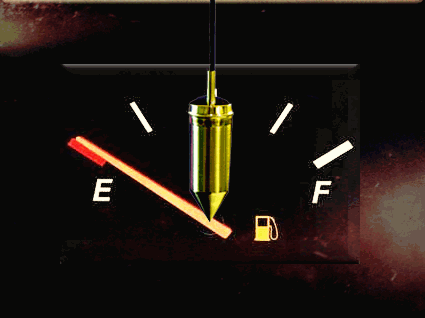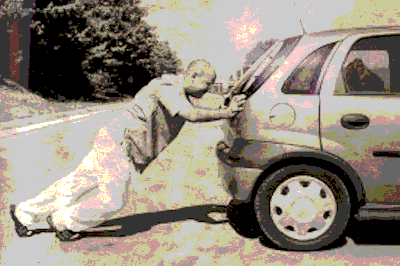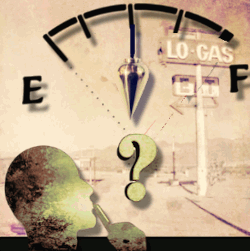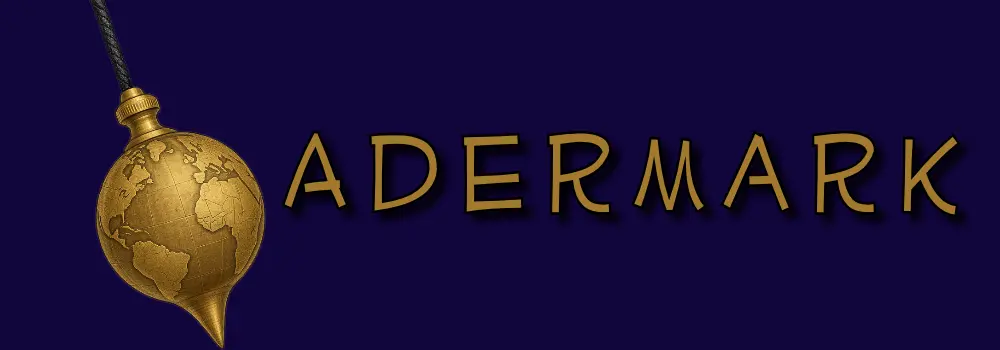Reduce Dowsing Errors with Precise Questions

Reduce Dowsing Errors with Precise Questions
When dowsing, there are several factors that go into receiving accurate information. One suggestion is to reduce dowsing errors with precise questions.
Dowsing is a science and an art. When seeking information while dowsing, it’s important for the dowser to ask or phrase questions correctly. Failure to do so can lead to unexpected results.
Even seasoned dowsers may receive contradictory answers to what appear to be direct and simple questions. When this happens, the dowser must re-examine the question and try again.
I recall reading the story of someone who was map dowsing while in the passenger seat of the car. The gas gauge wasn’t working and so the passenger, using a pendulum, asked whether they had enough gas to make it to the next service station.
The answer was affirmative and so the party continued down the highway. Sometime later, the car sputtered to a stop. The car had run out of gas. So what went wrong? The question seemed simple enough.

The dowser had a 50% chance of being right; the same odds as flipping a coin. One would think the odds should have favored the dowser.
But let’s give the dowser the benefit of the doubt. Assuming his experience and skill level is sufficient, he should have nailed the query and received the right answer.
Unexpected Results Happen When Dowsing
Since the expected result based on the dowser’s query was incorrect, it may show the question was ambiguous or imprecise.
Asking questions when dowsing requires a precise and clear language, often using simple “yes” and “no” phrasing. When a general or vague question is asked, answers dowsed are less specific and unclear.
When the passenger asked whether they had enough gas to get to the next gas station, was the question precise enough?
I’d like to think the dowser was precise in his question. He’s in a car, he’s thinking about gasoline and he phrased the question in a “yes” and “no” parameter.
But gas has several definitions. Gas is matter in an inert state between solid and liquid. It could have meant gas as “air” in the tires. Or he might have just eaten a burrito and had enough gas to make it to the next gas station. I’m just saying.

If the passenger asked if there was enough gasoline in the gas tank to make it to the gas station 30 miles away; and named the location, he may have received a more precise answer.
Finally, the dowser possibly wasn’t in tune with his dowsing and he was simply wrong. There may be other reasons the dowser failed to receive accurate information.
Since the pendulum is only a tool responding to information we receive the fault is often within one’s self.
I recommend doing an accuracy self-check when beginning a new line of inquiry. If it’s less than 50% you may as well flip a coin!
The lesson is precise questions are necessary for clear answers. Then check the answer for accuracy. If you receive a different answer, you will need to rephrase the question.
Get Your Dowsing Supplies Here
Need a pendulum? Go to www.adermark.com. I have a large selection of quality brass, crystal and wood pendulums, including select dowsing rods.
